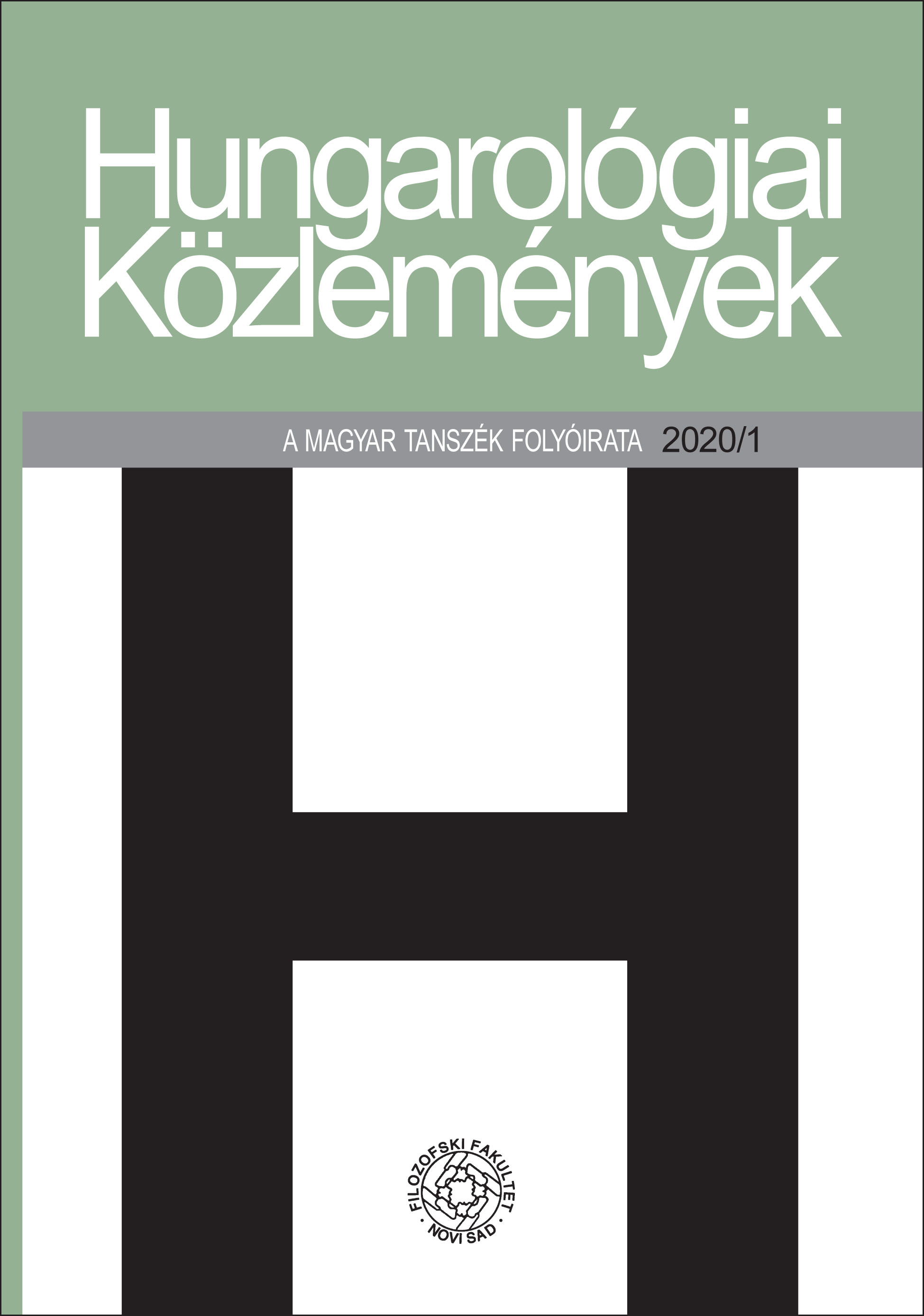Lírai objektivitás és imperszonalizmus – egy paradoxon genealógiája
The objectivity and impersonalism of lyricism – the geneaology of a paradox
Author(s): Gergely AngyalosiSubject(s): Hungarian Literature, Theory of Literature
Published by: Филозофски факултет, Универзитет у Новом Саду
Keywords: poetry; lyric impersonalism; secession; avant-garde; allegoresis
Summary/Abstract: Imre Bori’s book Az avantgarde apostolai [The Apostles of Avant-garde] was published nearly half a century ago. In it, the author uncommonly recognizes Milán Füst as one of the forbearers of the Hungarian avant-garde, which is why he is discussed in the same book as Lajos Kassák. Hungarian literary history has chiefly rejected this view, mainly based on the premise that the literary movements subsumed under the avant-garde are typically defined by collectivist ideologies. However, if we accept the starting point proposed by Bori, according to which the lyricism of Füst embodies the symbolist and Pre-Raphaelite verse ideals and the decomposition of the individual in the classical sense, we can find some points of connection to avant- garde efforts. Bori’s second contribution lies in re-defining lyric impersonalism, or, using the term of Füst’s contemporaries, “objective lyricism”. The study explores how applicable Imre Bori’s view is in the context of today.
Journal: Hungarológiai Közlemények
- Issue Year: 21/2020
- Issue No: 1
- Page Range: 1-10
- Page Count: 10
- Language: Hungarian

